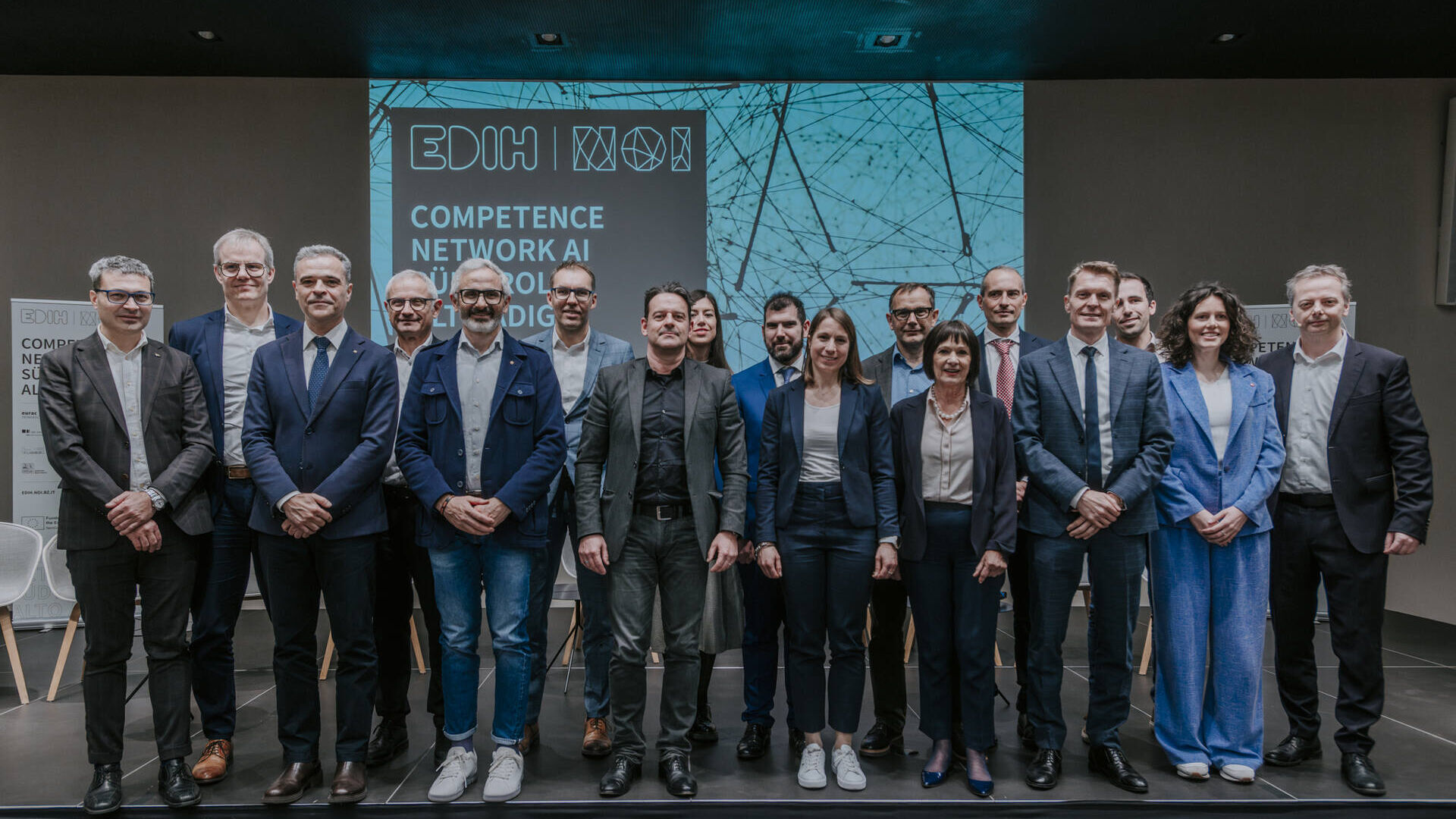A giant data center for cryptocurrency mining in Ethiopia
After the private data centers of Raxio and Wingu.Africa, the Addis Ababa government intends to exploit low-cost energy for digitalization
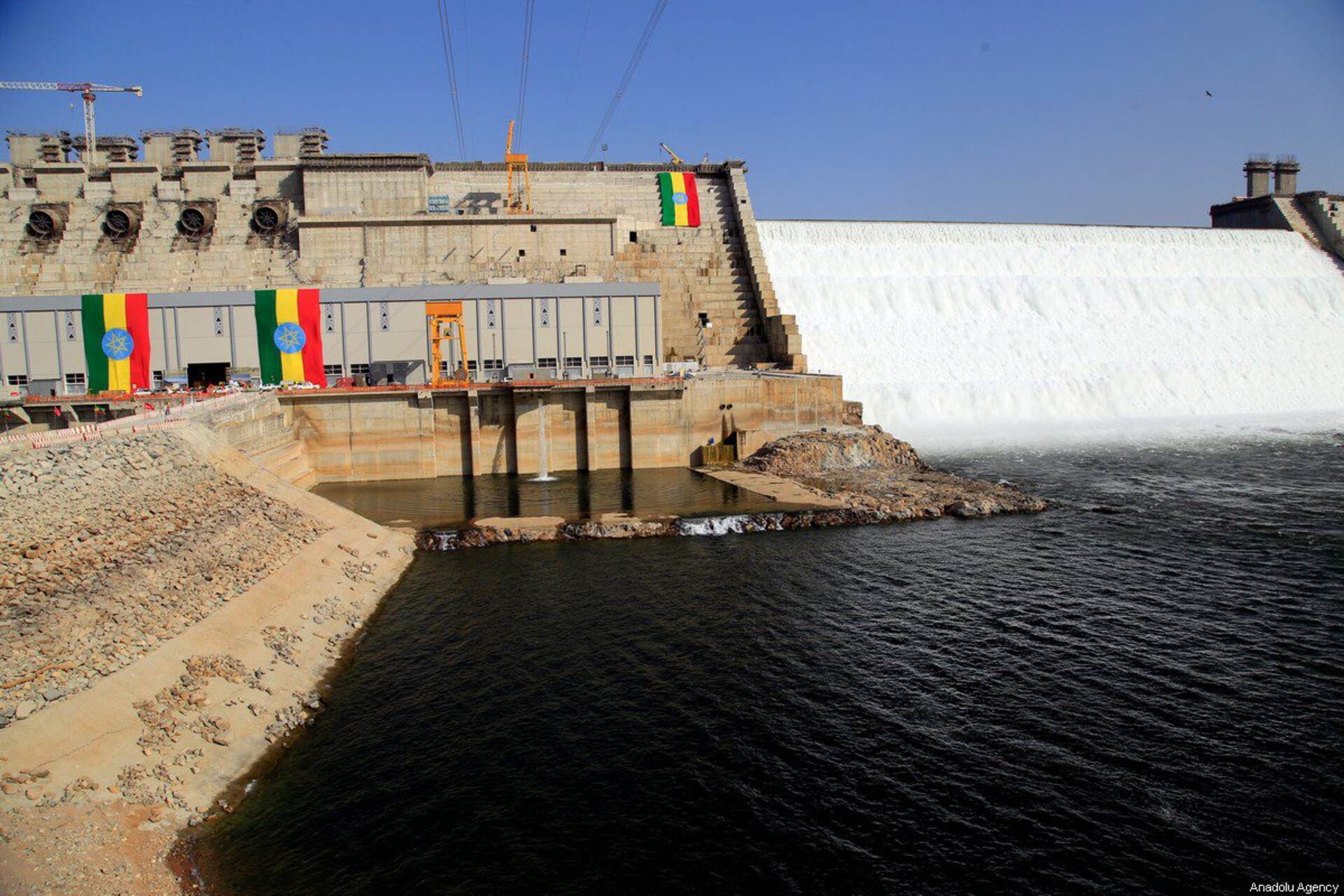
Even though around 40 percent of Ethiopia's 120 million inhabitants do not have access to electricity, the country in the Horn of Africa is preparing to give a major boost to its technological progress.
The great heir nation of Abyssinia, which until 1914 was the only independent state on the Black Continent alongside Liberia, will in fact create a large public data centre.
The initiative is justified by the increase in Bitcoin mining that takes place within the Ethiopian borders and the growth of interest in this financial activity.
The Government of Addis Ababa has in fact signed a preliminary agreement for the development of an important infrastructure for data mining operations and artificial intelligence training.
Sustainability in the brick that brings Kenya closer to Ticino
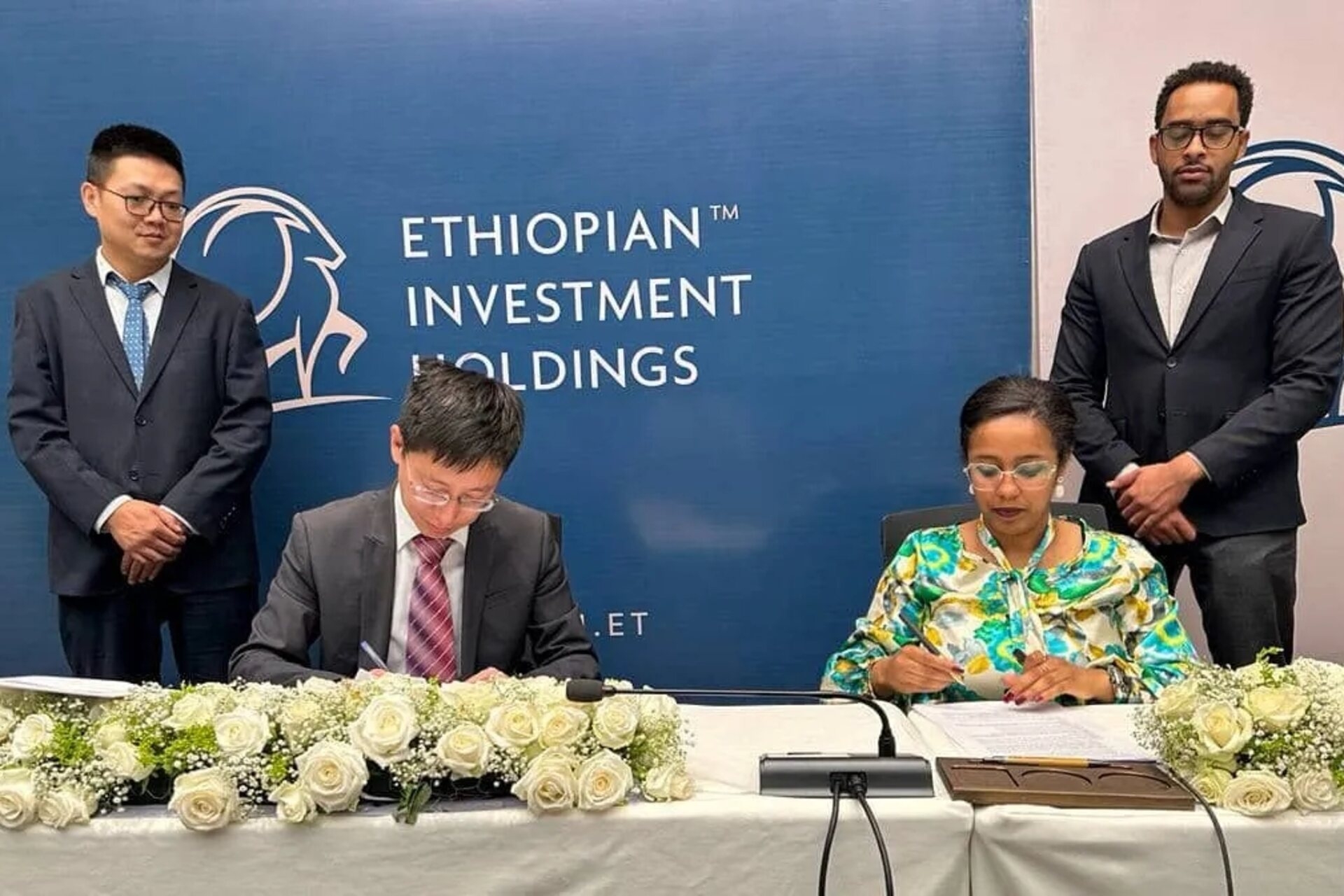
$250 million deal between Ethiopian Investment Holdings and a Chinese partner?
Ethiopian Investment Holdings had initially said in a social media post that a memorandum of understanding to this effect for a project worth $250 million had been signed with a subsidiary of Hong Kong-based West Data Group , after which any reference to the size of the agreement and the identity of the partner company was removed.
EIH, the West Data Group company and an official at the Information Network Security Administration, which oversees big data mining in Ethiopia, did not respond to requests for comment on the initially announced joint venture reached by the press sector.
China, of which Hong Kong is still a special economic region today, banned cryptocurrency trading and mining in 2021 to control financial risks and reduce energy consumption.
It cannot therefore be ruled out, indeed it is very probable, that such energy-intensive activities could continue in the jurisdictions of developing countries in the name and on behalf of the Beijing Government or private entities resident in the People's Republic.
Is coffee "useful" or is it bad for us? An innovative perspective
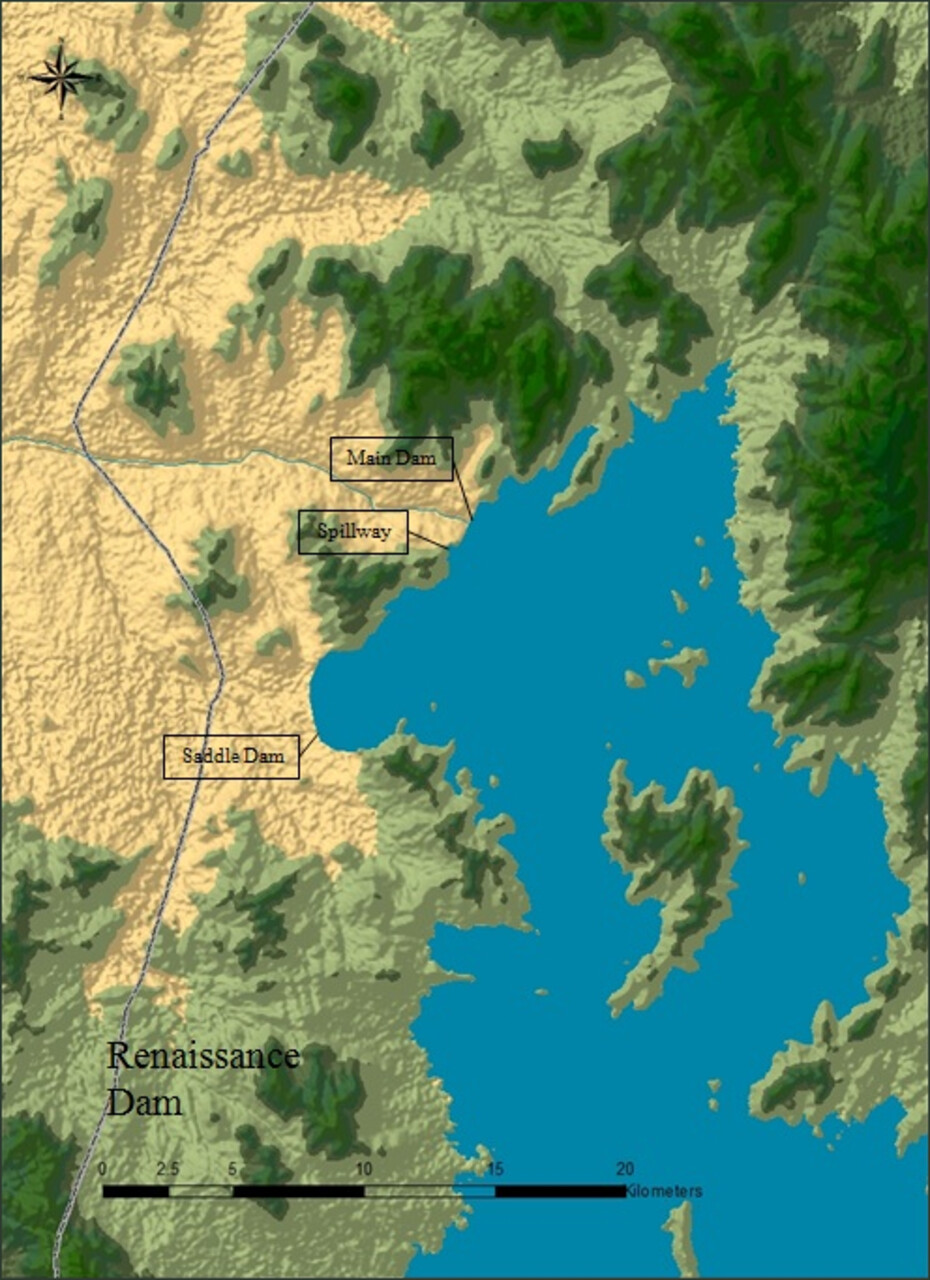
The Horn of Africa country among the main sources of Bitcoin: tris soon for AI and HPC?
Data centers provide the ideal platforms to host large-scale Bitcoin mining operations.
The infrastructures that host customers in the cryptocurrency mining sector generally boast powers between one and five megaWatts, which must keep pace with the relationship between supply and demand and are therefore constantly in operation.
In a time of high demand for Artificial Intelligence and high-performance computing (HPC) services, data centers must quickly adapt to change to effectively manage the evolution of technology.
As a result, AI has become a widely used tool in digital applications and processes to strengthen operational efficiency and increase productivity.
With this in mind, Ethiopia has become one of the main destinations for Bitcoin mining since its Government authorized it in 2022.
Because cryptocurrency mining uses computers to solve complex algorithms and is an activity that consumes large amounts of electricity, investors are attracted by the lower energy costs Ethiopia can offer.
In Africa, sustainability walks on women's legs
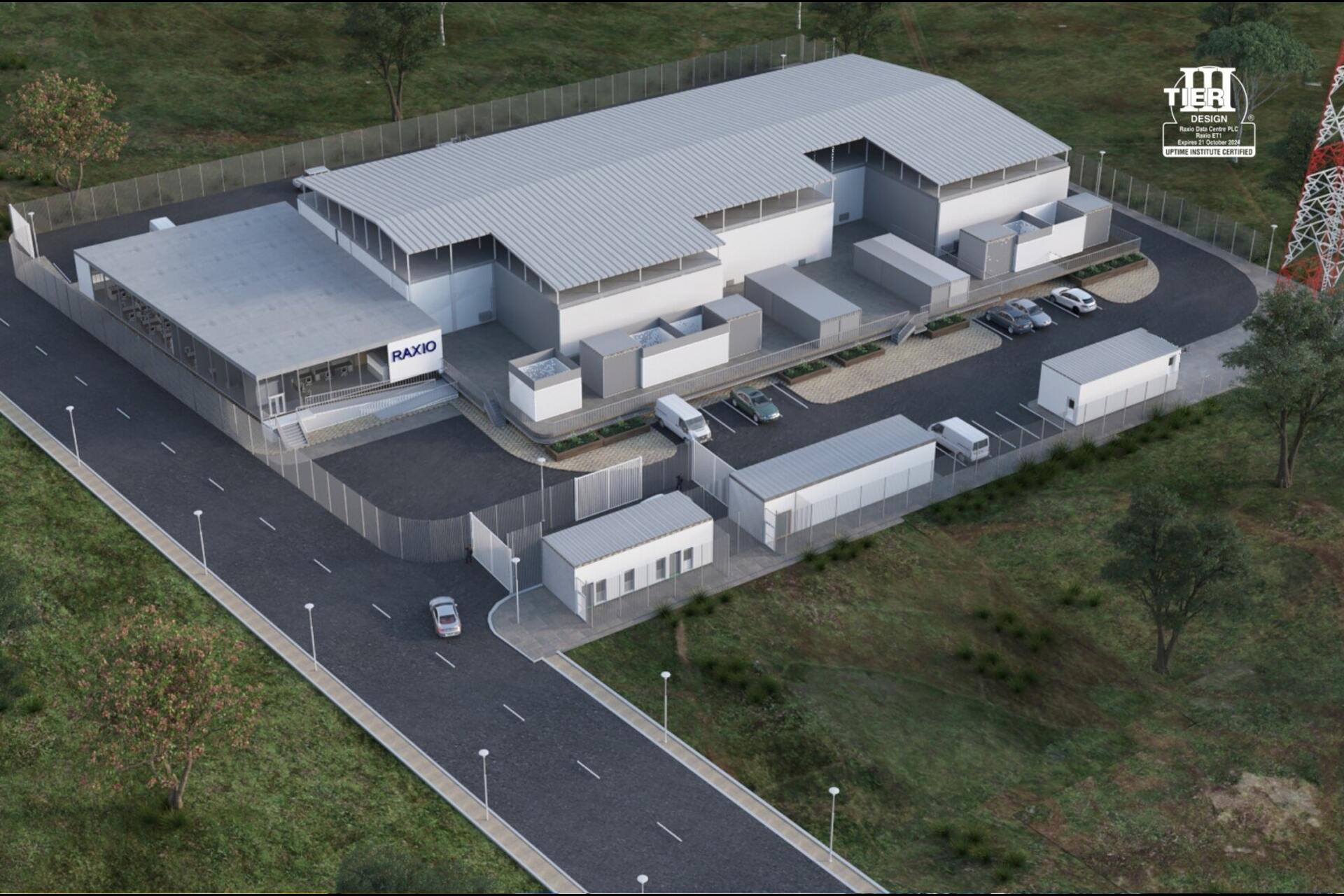
From the GERD dam on the Blue Nile, under construction since 2011, soon an additional 6,45 gigaWatts
The East African country also offers a large amount of hydroelectric power and has other renewable energy sources.
The latter is an important aspect for the data center industry, which continually seeks to become and appear more sustainable to reduce its carbon footprint.
Ethiopia has approximately 5.200 MW of installed generation capacity, of which approximately 90 percent comes from hydropower and the remaining 10 percent from wind and thermal sources.
The nation is also completing construction of the Grand Ethiopia Renaissance Dam (GERD), a dam on the Blue Nile River under construction since 2011, which has a projected installed capacity of 5.150 MW.
The plant is located in the Benishangul-Gumuz region, approximately 15 km east of the state border.
With an installed capacity of 6,45 gigaWatts, once completed, the dam will be the largest hydroelectric power plant on the Black Continent, as well as the seventh largest in the world.
Once finished, the reservoir could take 5 to 15 years to fill with water, depending on the hydrological conditions during the filling period and agreements reached between the Government of Addis Ababa and neighboring Sudan and Egypt.
The sea advances and cities sink: African coasts at risk
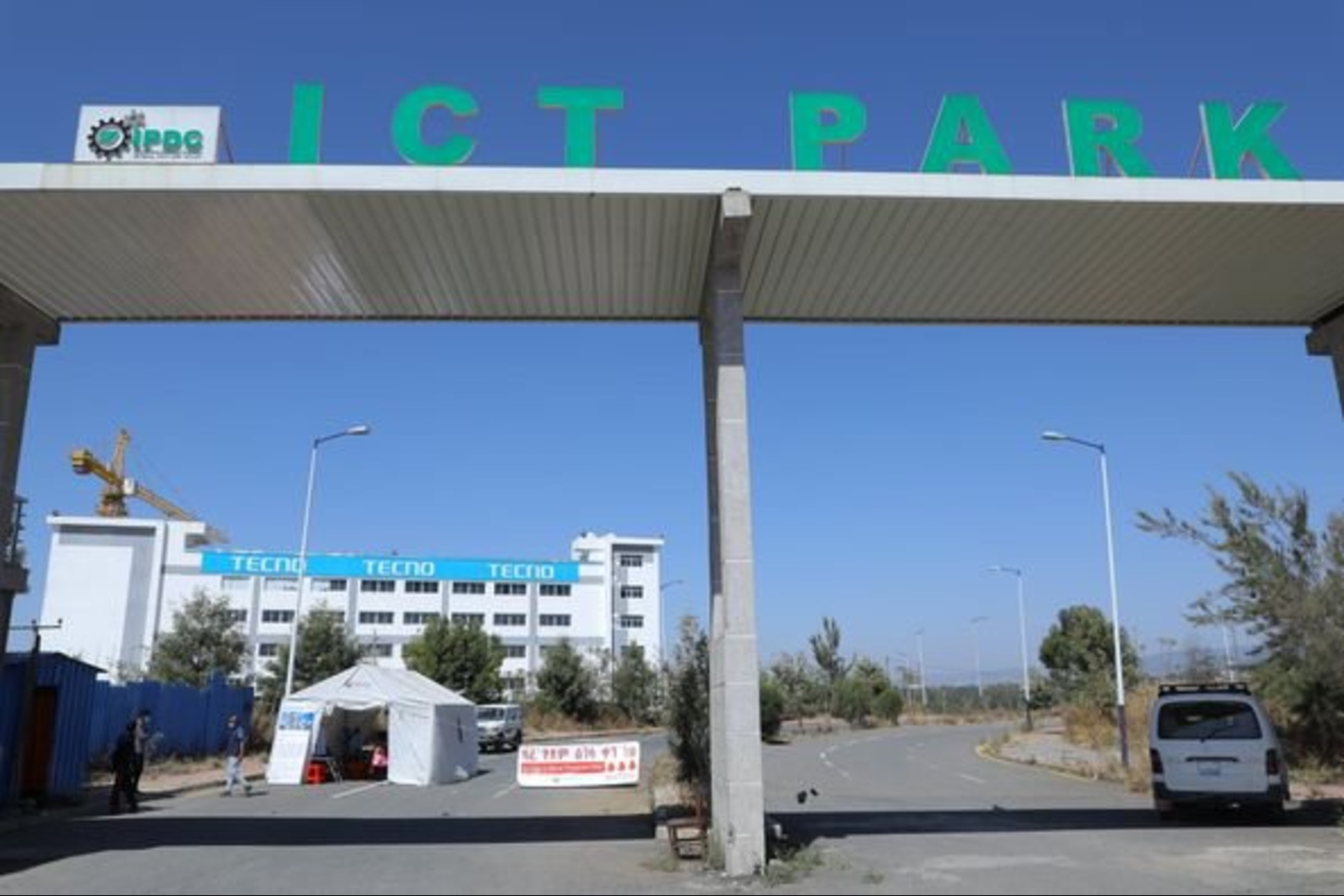
$3 billion continental turnover by 2025 captured by Raxio and Wingu.Africa
With the data center market in Africa expected to expand to a turnover of $3 billion by 2025, global companies are evolving to develop new digital transformation strategies to improve customer connectivity.
Major data center operators continue to invest across Africa, including in Ethiopia.
In November 2023, Raxio Data Centers launched a new 3 MW Tier III certified data center facility, with the aim of offering greater guarantees to customers.
This company, although it has administrative offices in the Netherlands, the United Arab Emirates and Kenya, is already present with its own data centers in important nations of the Black Continent such as Angola, the Democratic Republic of the Congo, the Ivory Coast, Mozambique, Tanzania and Uganda.
Data center company Wingu.Africa, based in Djibouti, has inaugurated its own data center in the Ethiopian capital.
The data center is located within the Ethio ICT Park, built on 15.000 square meters of land, and will offer a capacity of 10 MW across 800 racks when fully operational.
Thanks to urban greenery, crimes decrease: study in South Africa
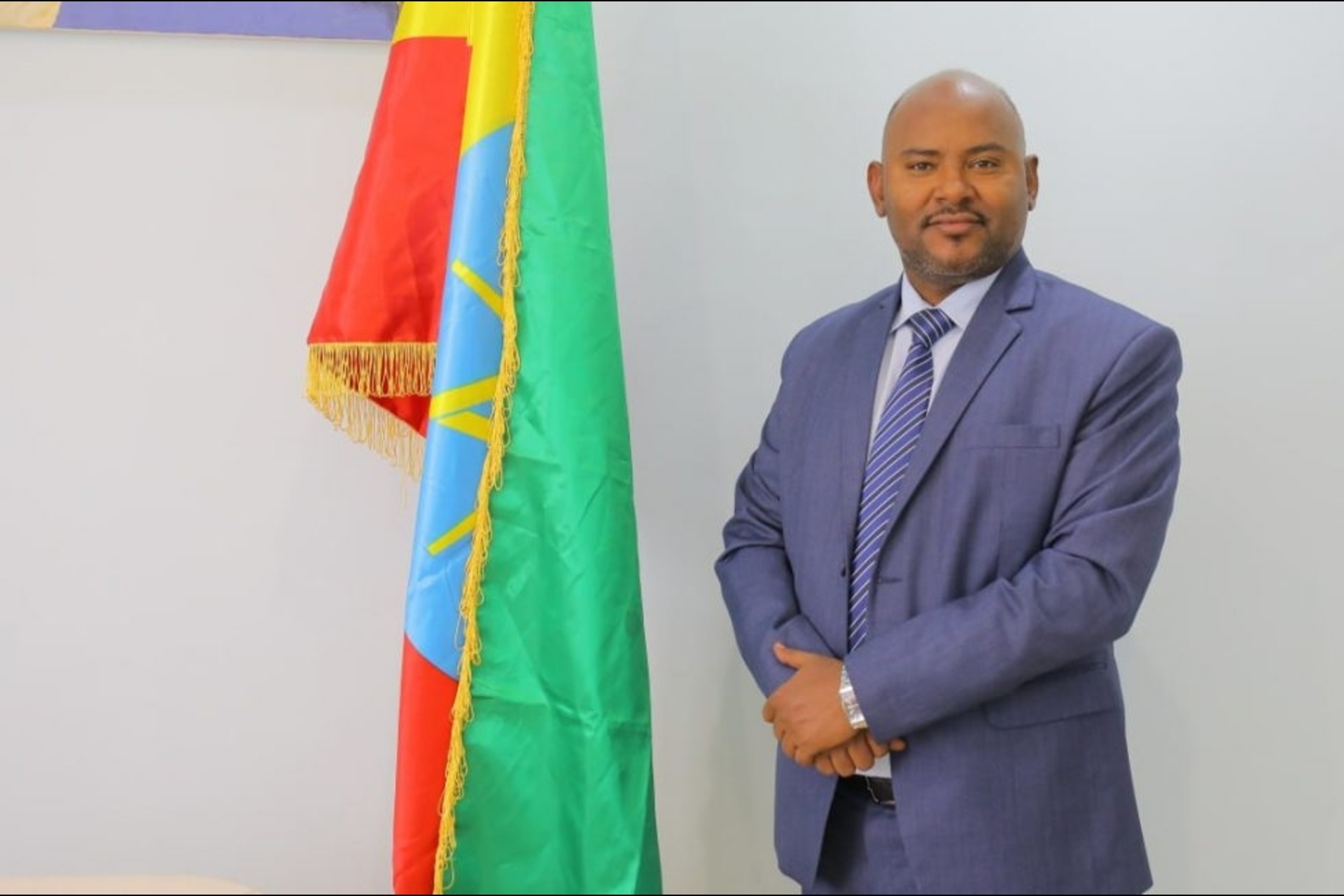
Belete Molla Getahun: “A fundamental work to support Ethiopian growth in the ICT sector
The Minister for Technology and Innovation Belete Molla Getahun, who attended the inauguration, stated that the data center “it will be of fundamental importance to support Ethiopia's growth in the ICT sector and to achieve a digital transformation”.
Building the colocation facility took two years of work and $50 million from Wingu.Africa.
The data centre, built to meet Tier III standards, will host Ethiopia's first Internet Exchange.
By expanding their digital transformations into Ethiopia, be it Raxio or Wingu.Africa, data center operators hope to offer more to their customers and provide world-class infrastructure to underserved markets across Africa.
Eko Atlantic City: the satellite city re-emerged from the water

You may also be interested in:
In Alto Adige today EDIH NOI is the new point of reference for AI
4,6 million euros from the PNRR fund will be allocated to Bolzano for services to local companies in the digitalisation of intelligence…
by Editorial staff Innovando.NewsEditorial staff of Innovando.News
Austria, Germany and Switzerland for "more innovative" cargo railways
DACH Ministers Leonore Gewessler, Volker Wissing and Albert Rösti: the introduction of Digital Automatic Pairing is a key element
by Editorial staff Innovando.NewsEditorial staff of Innovando.News
Persuasion or manipulation? Genesis and historical impact of PR
This is how Public Relations, from the sophistic dialogue of ancient Greece to the current digital era, continues to offer continuous innovation
Young people and cryptocurrencies: how to find out more about Bitcoin…
Introducing kids to digital currencies and Blockchain can be an exciting endeavor, given their affinity for technology and innovation

